The Supreme Court on Monday mentioned that we must to give equality to all communities but UCC is not negotiable.
Conflict is endemic to value pluralism in all its forms, a political philosopher with his ear to ground realities once wrote, so there is no point pretending that the patriarchal, misogynist and supremacist political-religious leaders of various communities will give in easily to the prospect of gender, economic and social equality enacting a prospective uniform civil code for India must be aimed at.
For over 70 years, we have waited for the cry for reform of personal laws that are in conflict with our Constitutional right to equality to emanate from within various religious communities. That has now come to pass in some measure and the both the executive and the judiciary have duly taken cognizance of this development as they are duty-bound to. But even if this were not the case, it is the duty — sadly neglected by post-Independence Central administrations to appease fundamentalists in minority communities in particular — of the Government to push forward with ensuring that no regressive community laws prime facie ultra vires of the Constitution allow individual rights of bonafide citizens of India regardless of gender, jaati or mode of worship to be trumped by group rights in the name of religious freedom.
It is against this backdrop that the Supreme Court on Monday, after its landmark ruling last year making instant triple talaq or talaq-e-biddat illegal, agreed to examine the constitutional validity of social (mal)practices such as polygamy and nikah halala, nikah misyar and nikah mutah among Muslims. While the practice of polygamy within the community allows Muslim men to have four wives, nikah halala is the humiliating process through which a Muslim woman who wants to re-marry her husband after a divorce must marry and consummate a marriage with a different man before she can get back together with her (first) husband. The other two forms of nikah are “temporary marriage” contracts entered into by men “for their pleasure” the petitioners, including aggrieved Muslim women, submitted. Allowing the petition, the apex court agreed to refer the matter to a Constitution Bench for a comprehensive hearing given its importance. Crucially, the Court served notice to the Centre to elicit its views, holding that the issues raised by the petitioners were not addressed by the Supreme Court Bench in the Shayara Bano case which abolished triple talaq.
The Centre must, now, representing the will of the people of India, ensure that it is unequivocal in its opposition to these practices in the Muslim (and any other communities where approximations of the same are practiced despite laws prohibiting it). Further, discriminatory property and/or inheritance laws in the Muslim and/or other communities minority or majority which make a mockery of gender equality must also be flagged by the Government in its reply to the notice. Even if a de jure Uniform Civil Code takes a bit of time given such a promulgation by the Government is dependent on many factors, not least a two-third majority in both Houses of Parliament, it would be the first step in ensuring that at least a de facto one law for one nation on the civil side too becomes a reality sooner rather than later. It may or may not win the Government votes but such a move will certainly earn it the eternal gratitude of millions of Indians from all communities, and especially Muslim women.
Writer: Pioneer
Courtesy: The Pioneer








 OpinionExpress.In
OpinionExpress.In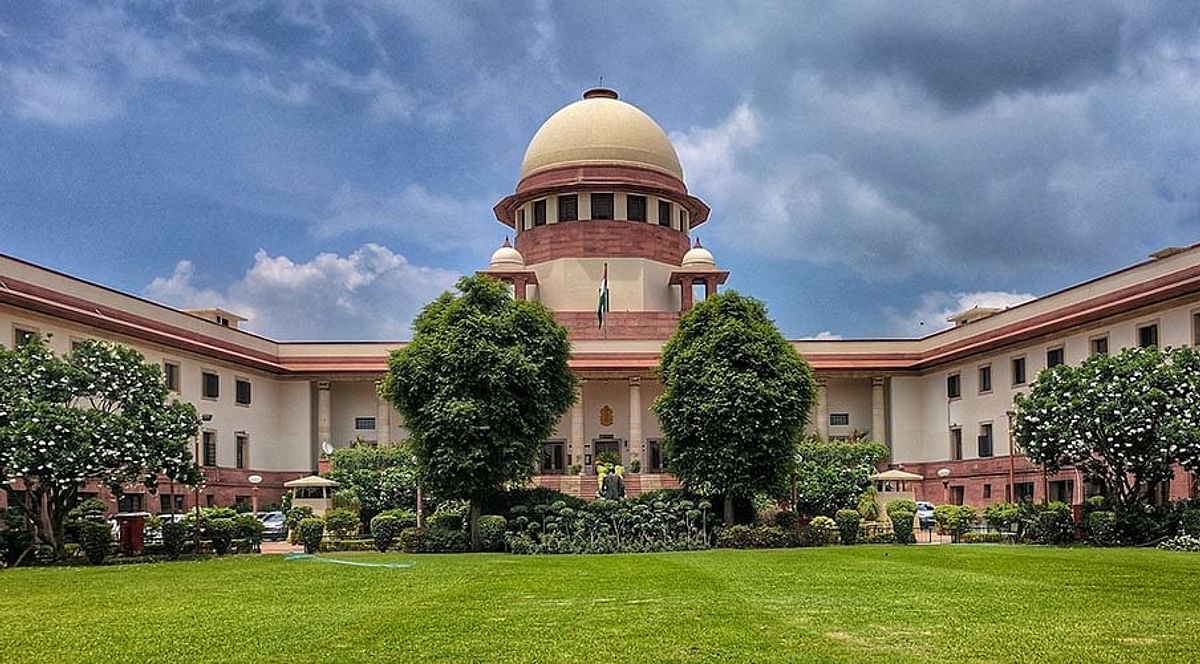
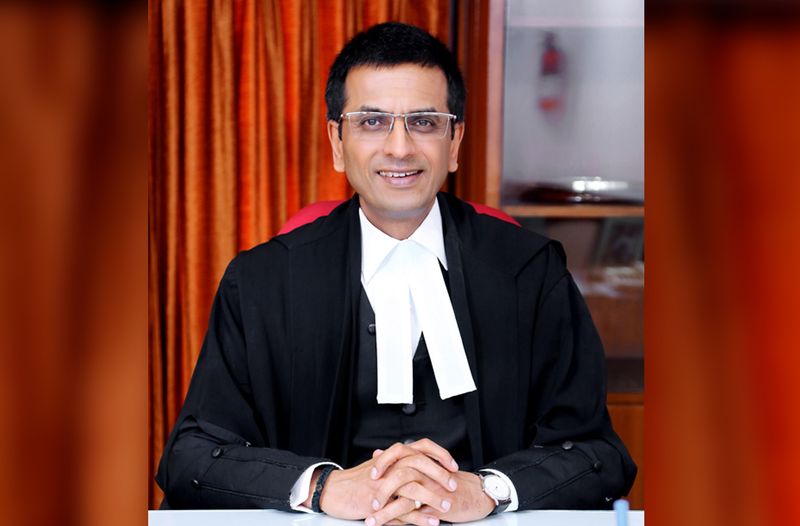
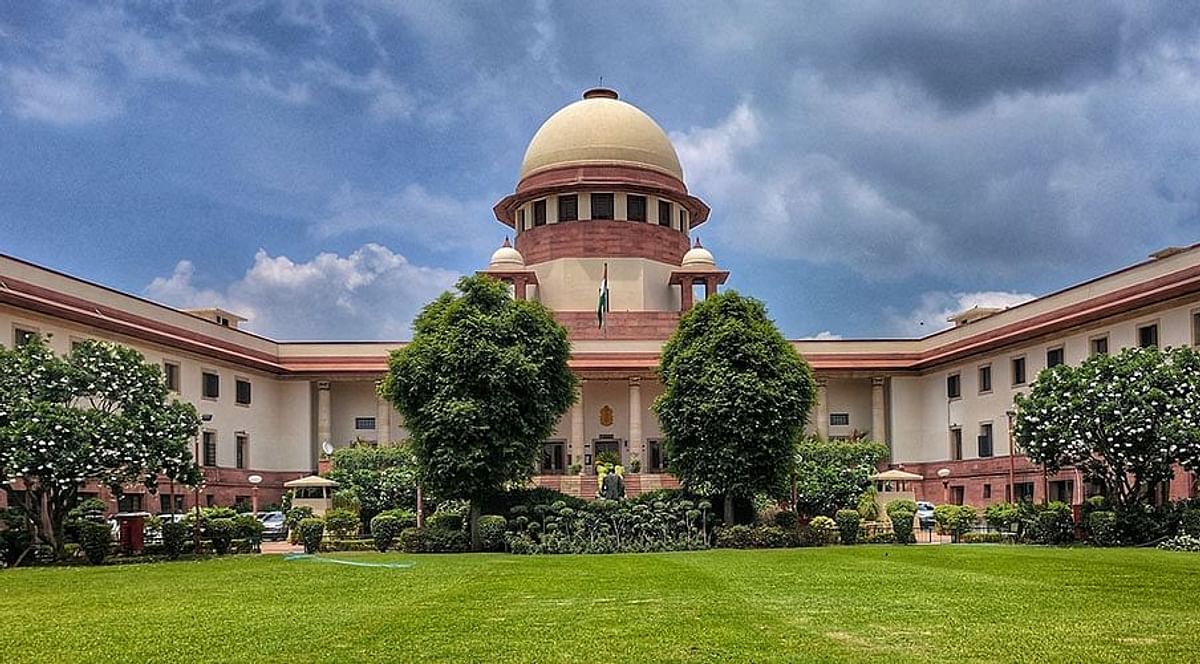
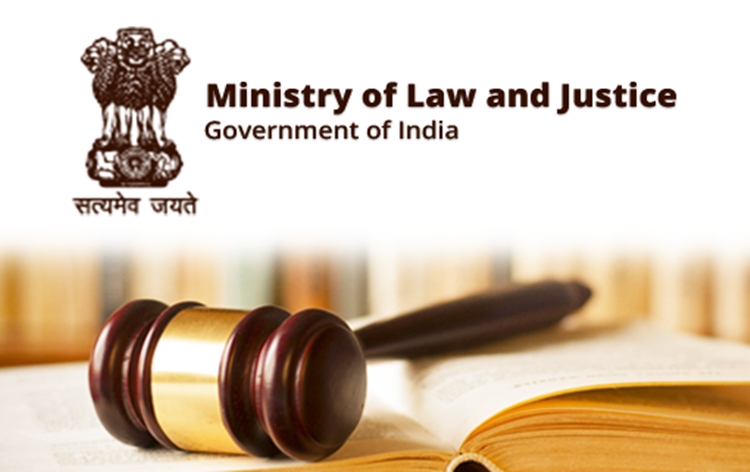
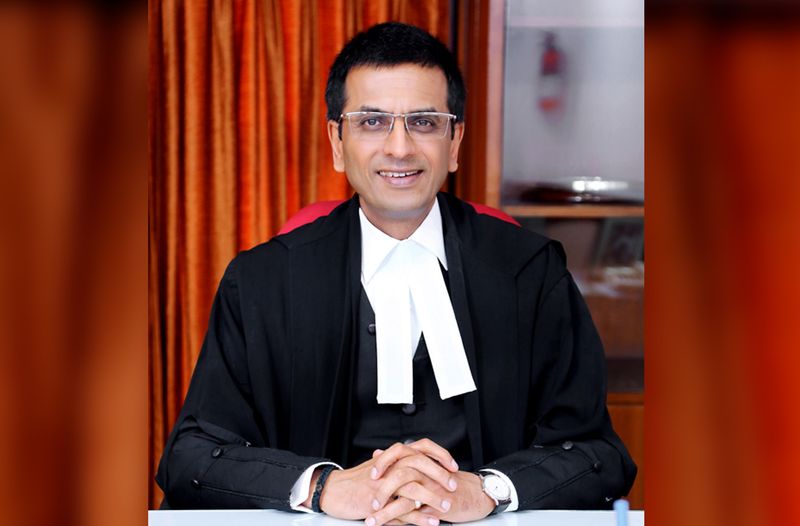
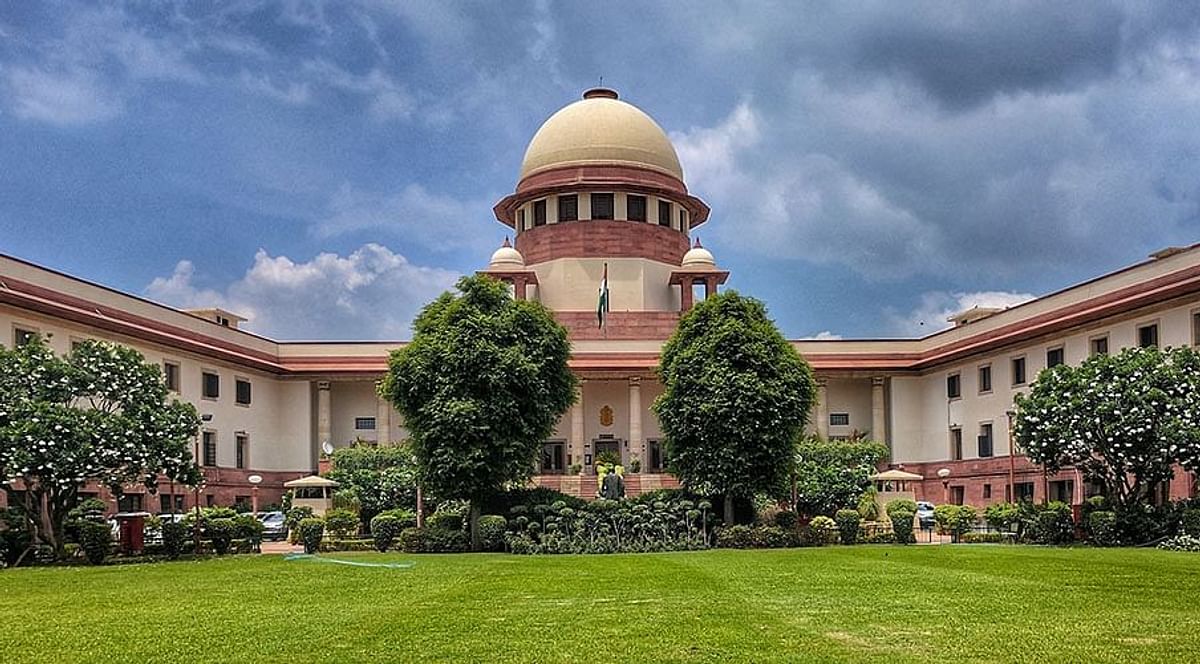
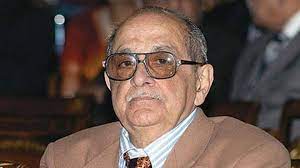
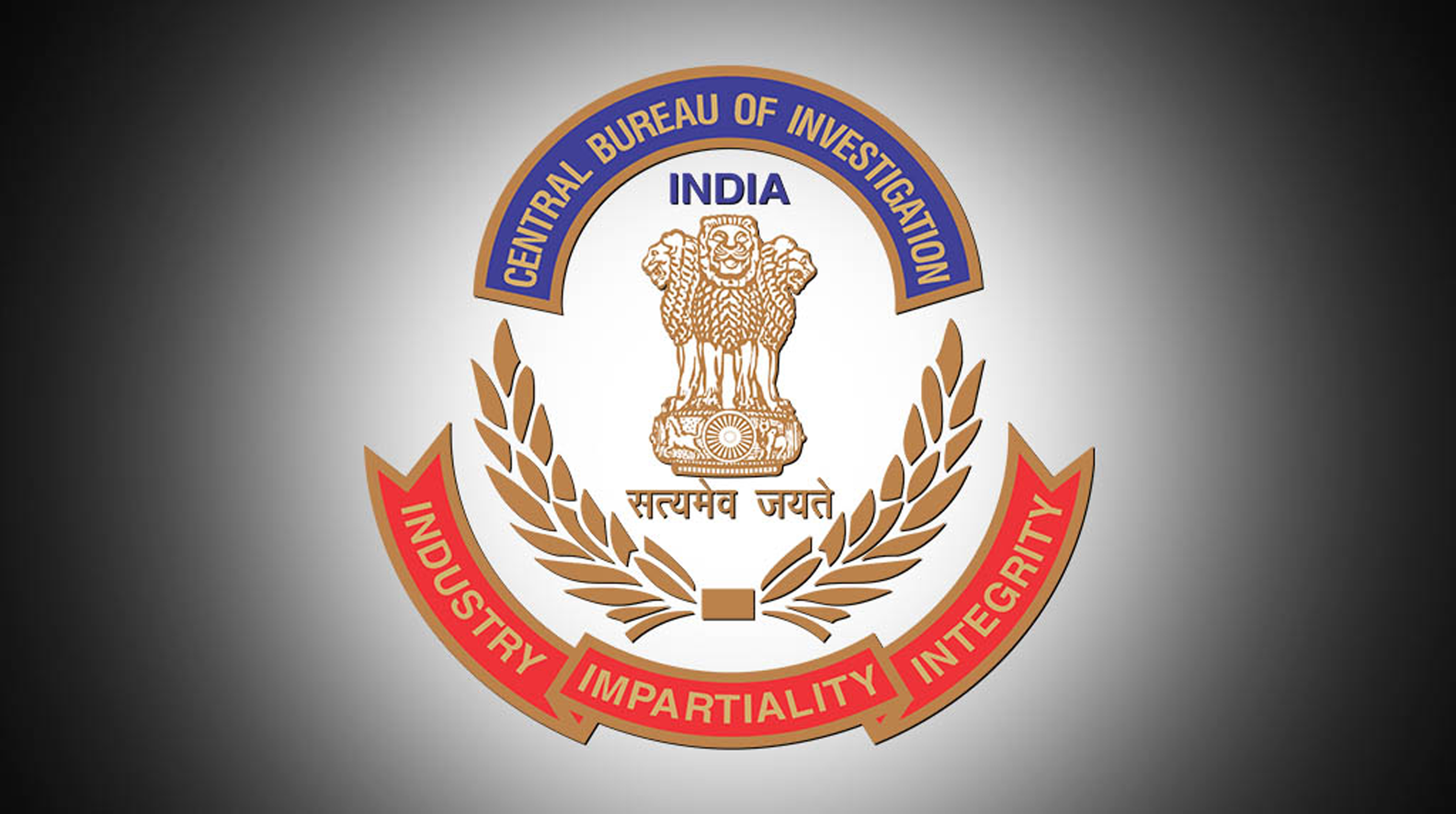
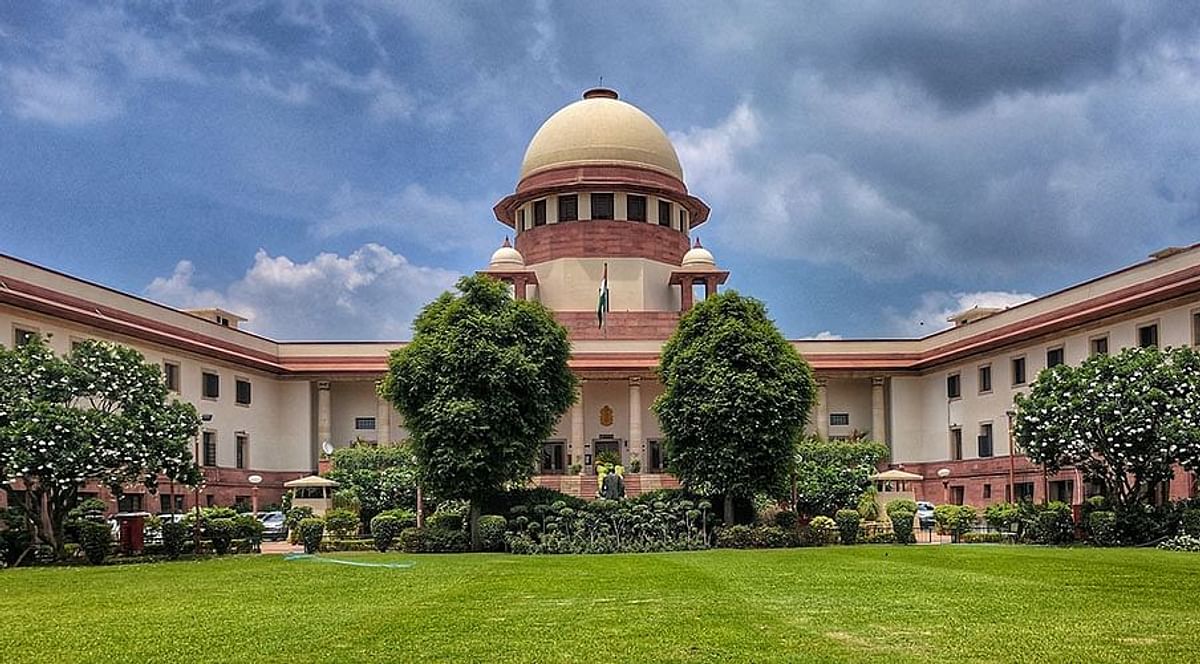
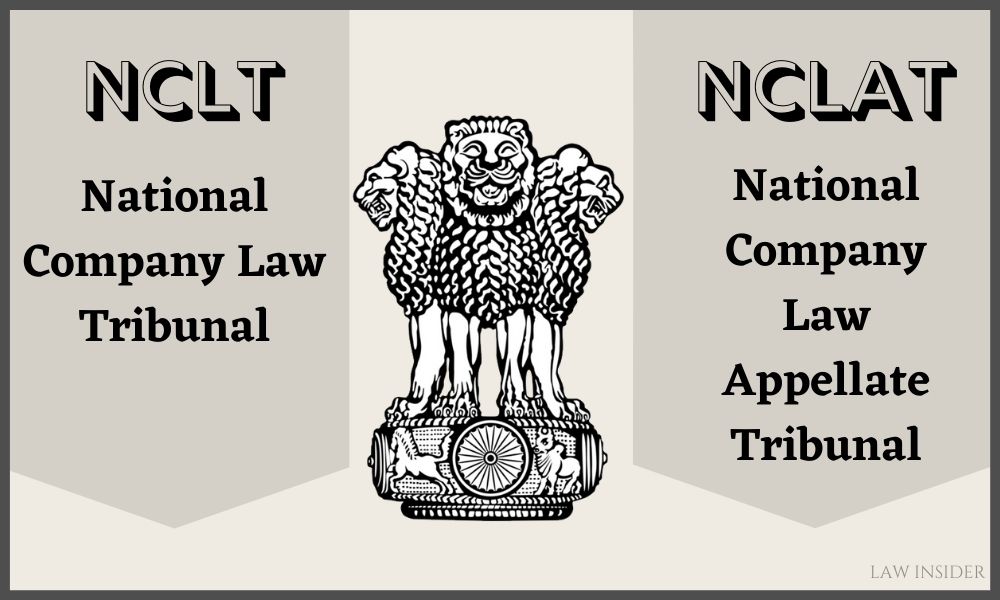






Comments (0)